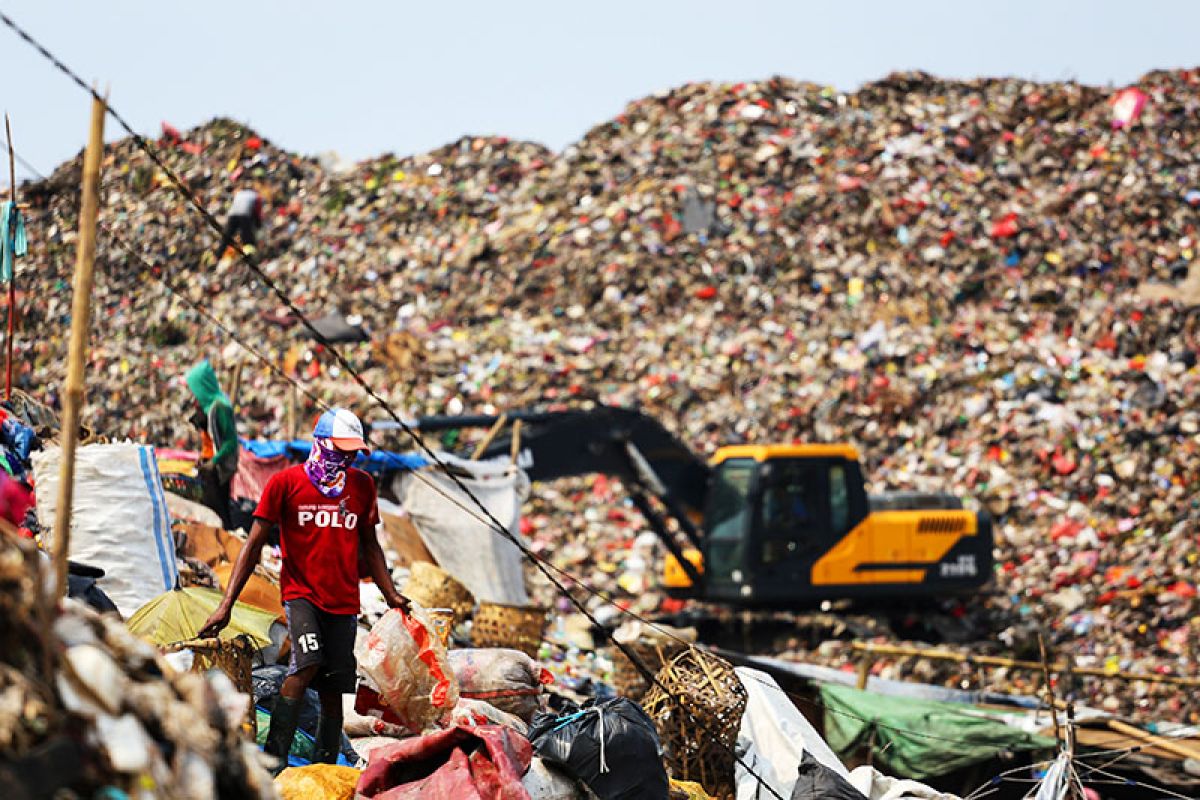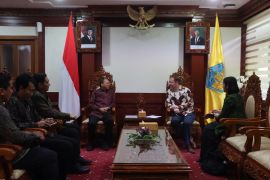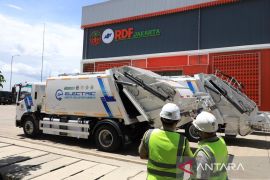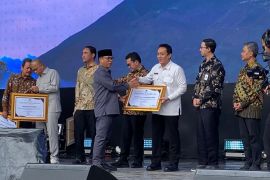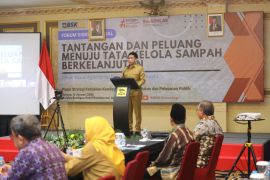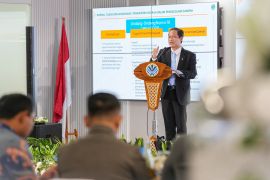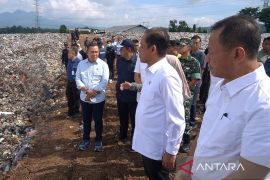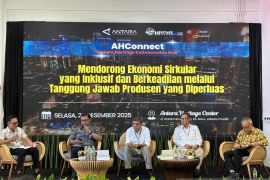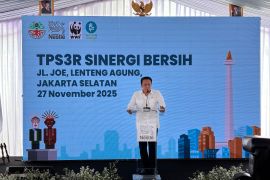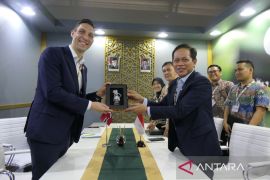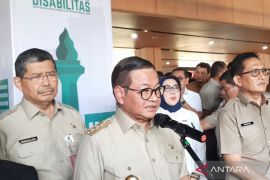All ministries and related institutions from the central government fully support the effort of the local government, and there should no further hesitation to take action, particularly when it is already stated in the rule of lawJakarta (ANTARA) - The Center for Climate Finance and Multilateral Policy of the Fiscal Policy Agency's researcher, Agunan Samosir, emphasized that the central government had pushed forward the development of Waste Processing into Electrical Energy (PSEL).
"The regulatory ecosystem to support such development is already extensive. The central government’s commitment to fiscally supporting such efforts are clear and firm and conveyed in Presidential Decree No. 35 of 2018,” Samosir noted in a statement on Friday.
The project was further given privileges due to its status as a National Strategic Project, thereby further emphasizing its priority status under Presidential Decree No. 03 of 2016.
“All ministries and related institutions from the central government fully support the effort of the local government, and there should no further hesitation to take action, particularly when it is already stated in the rule of law," Samosir underscored.
Responding to questions on the controversial high electricity sales tariff to the grid set in the presidential regulation, Samosir stressed that Waste to Power was not targeting electricity production but rather it was an installation primarily for addressing the problem created by unmanaged waste.
Related news: Volume of waste entering sea down 15.3% in 2018-2020: official
Furthermore, a densely populated city like Tangerang can no longer support over-expanding landfills. Hence, installations, such as the PSEL, are critical to support the city’s economic growth and hence its long-term sustainability.
On May 6, President Joko Widodo inaugurated a waste-to-energy power plant (PSEL), a waste management facility that turns waste into energy at the Benowo Landfill, Surabaya.
The facility became a pilot project for the development of waste management into electrical energy.
Chairman of Tangerang City’s House of Representatives, Gatot Wibowo, stated that the council members had met with technical ministries from the central government to understand the support and legal protection extended to such project.
Related news: Ministry expects producers to reduce waste 30% by 2030
In its formal role in overseeing budget policies, the House of Representatives accepts that providing proper waste management infrastructure may be expensive but essential for realizing long-term welfare of its community members by eliminating future health and social problems created by waste piling in the landfill.
“Currently, the process is in its final stage. If there are no obstacles, the city government and the consortium that won the auction can formally enter an agreement. I believe, the process is nearing completion, and soon, the people of Tangerang will have waste management facilities that they can be proud of," Gatot affirmed.
Related news: Jakarta extends cooperation with Bekasi for waste management
The Oligo Infrastructure Group, as part of the consortium that won the tender for the Waste Processing into Electrical Energy (PSEL) development project in Tangerang City, is committed to supporting every process established by the Tangerang city government.
President Director of the Oligo Infrastructure Group, Cynthia Hendrayani, affirmed that her side valued every technical effort that promotes investment certainty for business actors.
According to Hendrayani, the consortium was keen to contribute immediately to overcoming the problem of waste management in Tangerang City, so that in future, they can transform a problem, always considered to have a social impact, into a solution that benefits the Tangerang city government.
Related news: President Jokowi officializes new office of Indonesian Mosque Council
Related news: Indonesia remains firm in supporting Palestine: Minister Marsudi
Reporter: Azis Kurmala
Editor: Fardah Assegaf
Copyright © ANTARA 2021
